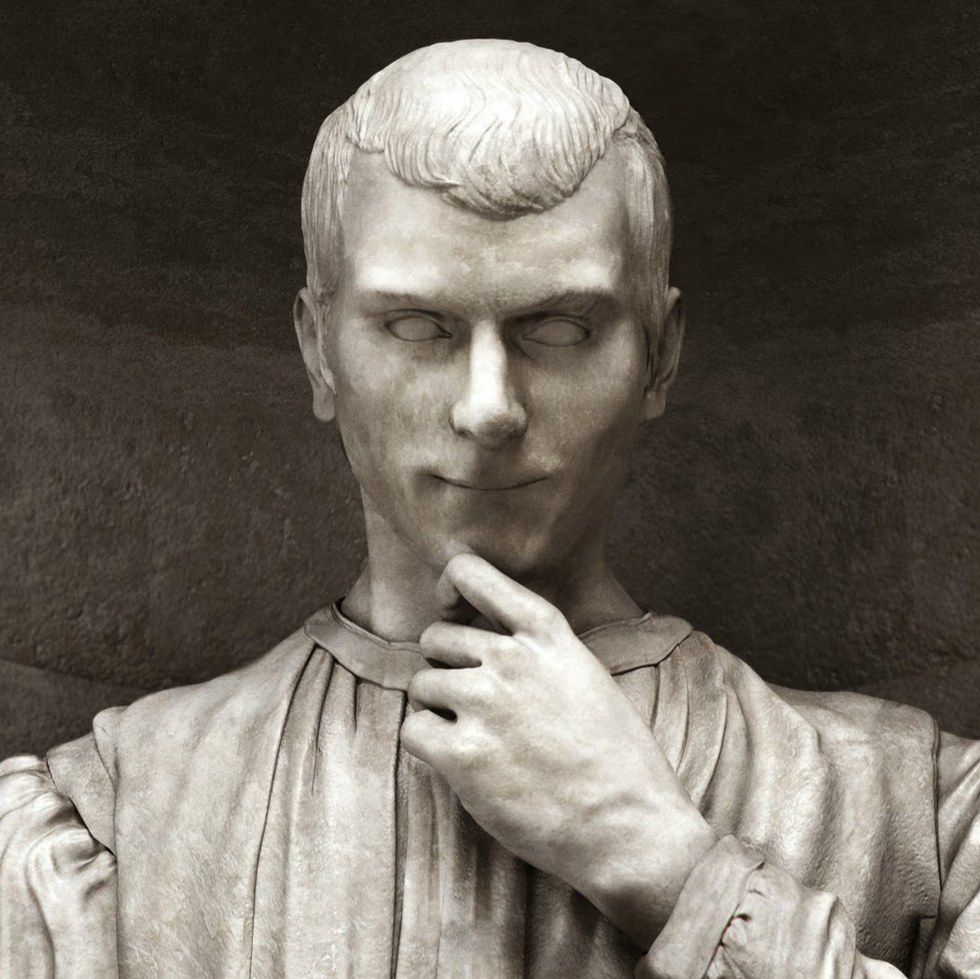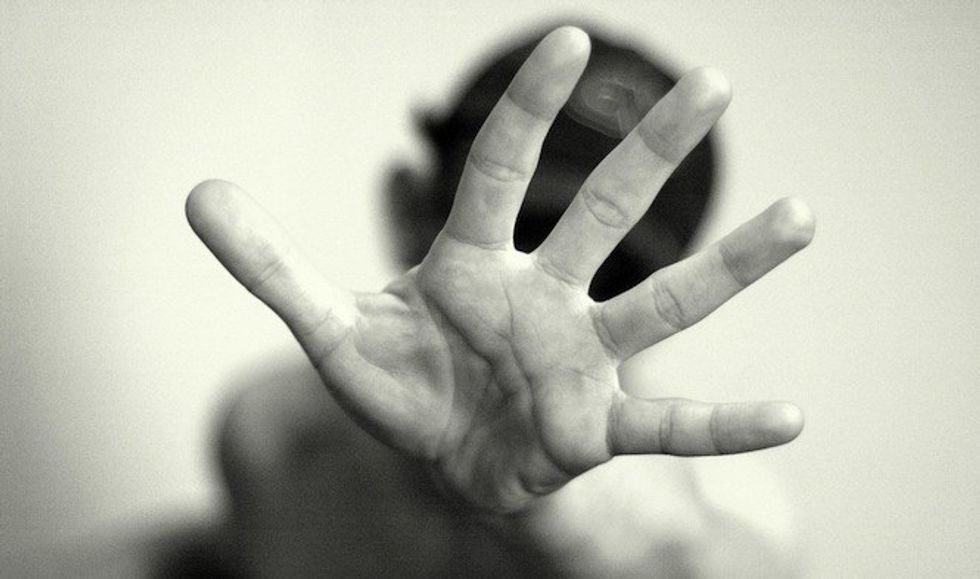Google “Niccolo Machiavelli” and the eponymous search will warrant words synonymous with evil, tyrant, deception and the like.
He is infamous for asking, “Is it better to be feared or loved?” (rent "A Bronx Tale" or "The Godfather" for visual application) and further suppositions that all of humanity is “ungrateful, fickle, false, cowardly, covetous.” Basically, he calls man a despicable race, marred by a birthright predicated on a deplorable lack of goodness.
Machiavelli rationalizes: it is utterly useless to be good in a world where men are so bad. Any attempt at reaching "the good" will be so exhaustive, so demoralizing, that the only way to achieve goals and a sense of peace is to partake in the Game. A game of life where the stakes have been driven through the roof via duplicitous tactics, selfish ambition, and total disregard to morality, ethics or any religious code. He encourages lying, cheating, pretending and the usage of utter and total force in the pursuit of goals. His observance of man's thirst for power marks human nature as united in this motivation. There is no point in fighting it. To play the game, he demonstrates, is the only smart way of coping.
Sounds quite a bit like the general conception of our modern political arena.
However.
While Machiavelli poses advice that seemingly chips away at an individual's personal virtue (I don’t disagree), his vision cannot be tethered to an overall promotion of total evil. His crafting of tips and tricks imbue a larger picture. The common good of a society where final sustenance (albeit propagated by personal degeneracy and deliberate corruption) usurps the means undertaken is a tough one to navigate.
What’s good for the goose is a red flag to the gander, and the rift between individual and society always manages to muddy the water. Each personal case cannot possibly fit neatly into the big picture, and enormous ethical dilemmas arise when an overall positive is arrived at via small cases of injustices. Is it merely a matter of sacrifice?
Queries concerning the good of the whole come into play. How can a person or a society decry debauchery and puny instances of evil, if the finality is an ultimate benefit towards the whole? Is evil done for positive means truly an evil, and if not, why on earth do we cater to definitions of good and evil, if they end up circumstantial, even arbitrary, anyways?
The political pragmatics which bleed into everyday life has been shoved under the microscope more times than needed. In our country, we have separated church and state, we recognize autonomy of standing nations, and condemn discrimination based on race, age, and sex. We make rules we try to apply to every novel situation -- unruly and insidious, still -- no matter how smart we get.
I admire Machiavelli for his frankness, his desire to eradicate superfluidity and willing risk of inevitable condemnation by moralists. Nevertheless, I have trouble distinguishing the caricature of a political prince from the actual, real life prince that bears the brunt of the above take on human nature and following counsel. This character must be very unhappy as a real person, so many hard, conscious-testing decisions are to be made. Either that, or he is completely committed to building a name up so high, that he cannot be trifled with ethical scruples. This prince must be scaling the Tower of Babel at all times.
Life without faith in the good is demoralizing.
The sad image of a prince forever watching his back in expectation of deception, who must keep his subjects loyal through violence and fear, and makes decisions without regard to genuine compassion, is haunting. There’s no coming home. No allowance of true friendship, relaxed happiness or trust of a greater good. A reliance on personal strength and awareness at all times is, again, exhaustive.
What is life without conceptions of good and evil? If action and conclusion are what define us, does it matter if standards change and rearrange the game from set to set? Do we adhere to action or stick to codes? Machiavelli's ideas are not necessarily evil, they are part of the human effort to make sense of ever whirling thought.




















